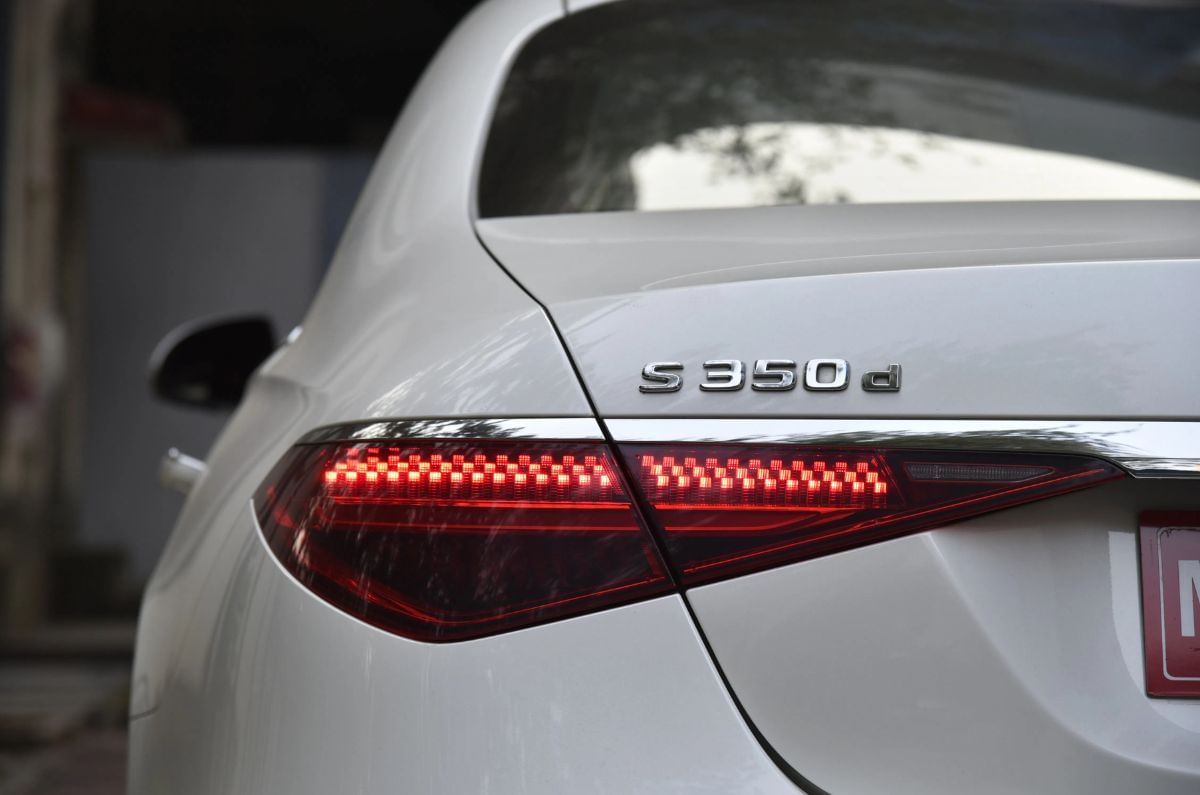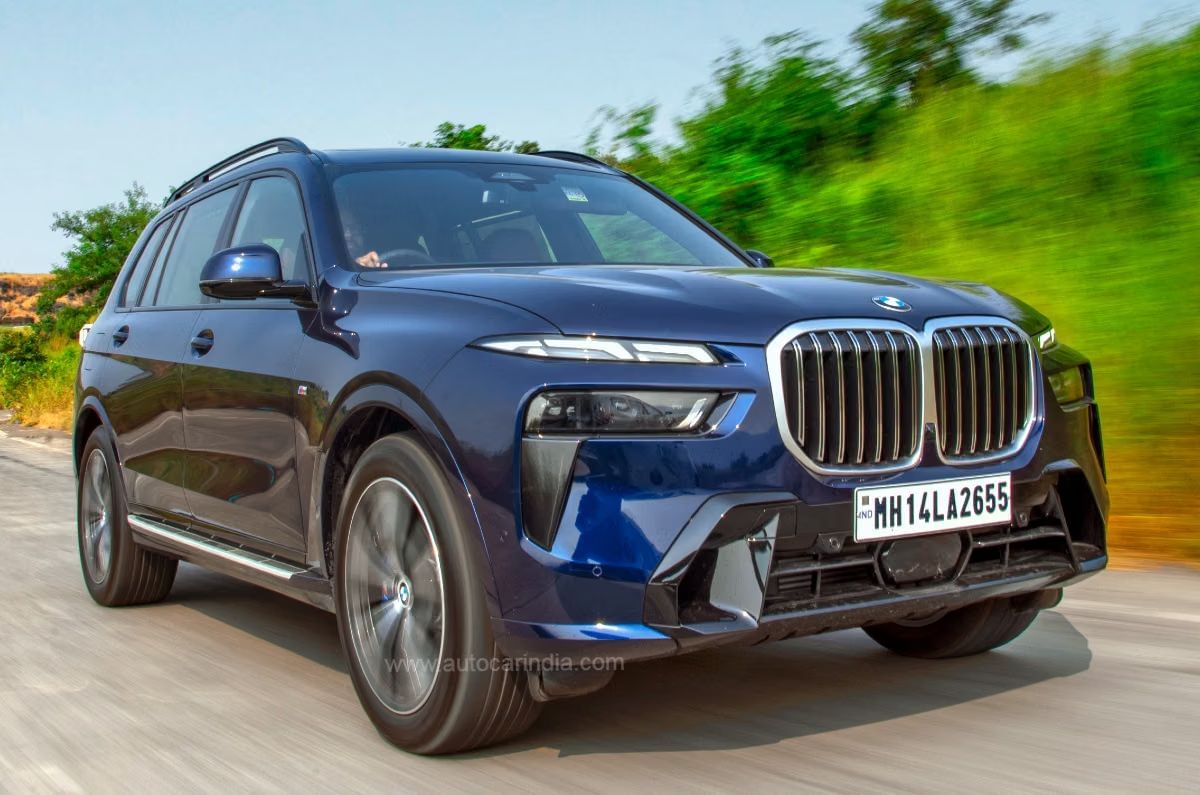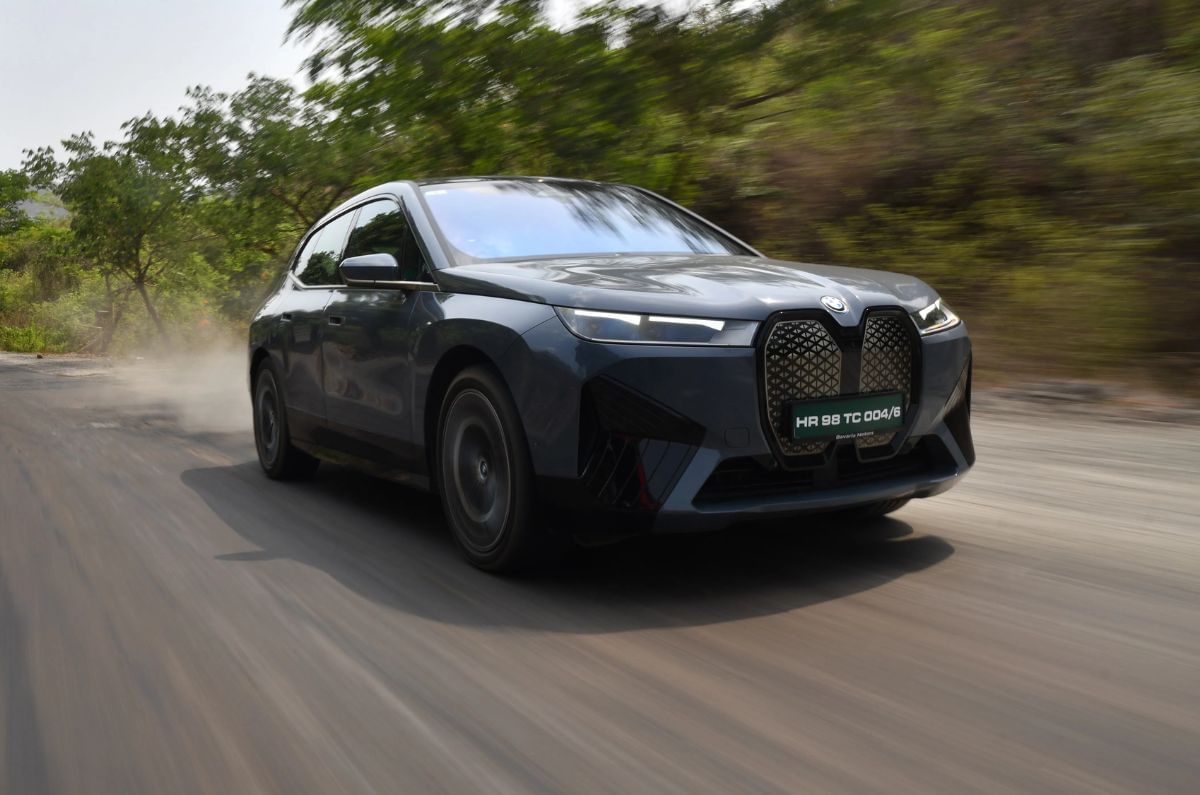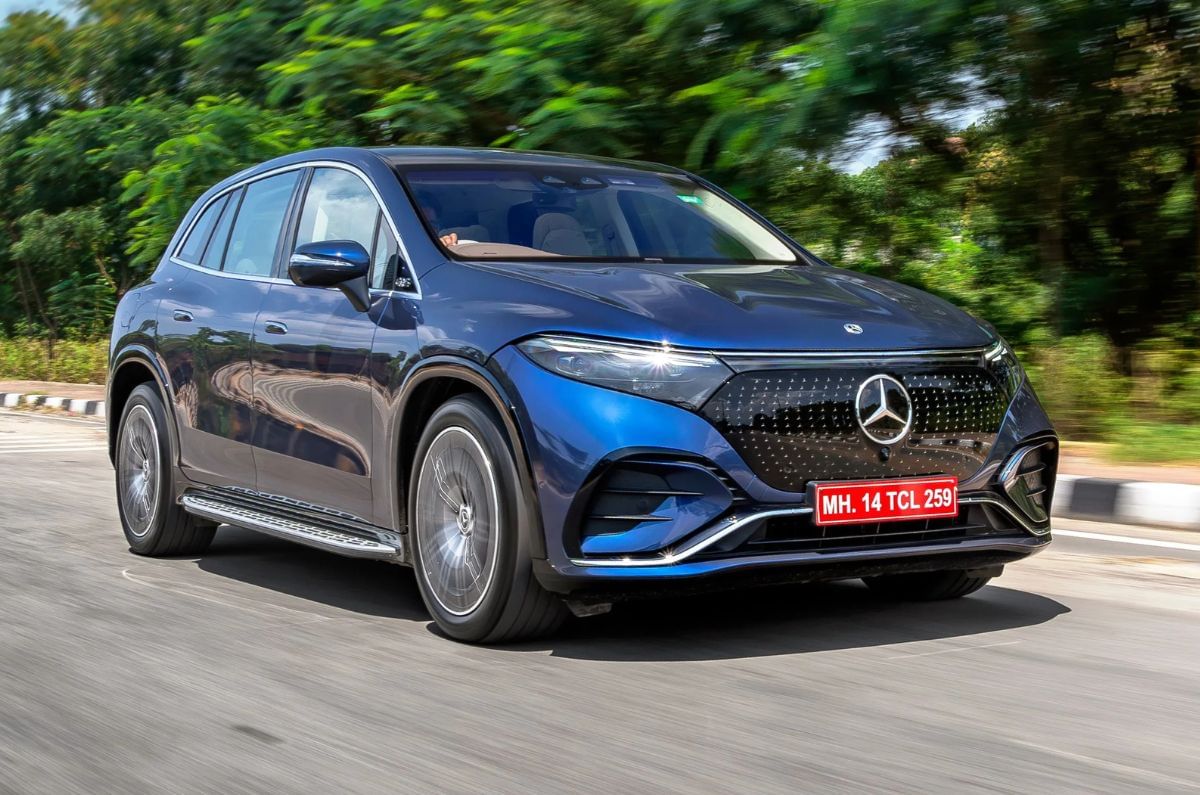
The Supreme Court of India has suggested a gradual ban on petrol- and diesel-powered luxury cars. This announcement comes as the nation continues to grapple with alarming levels of air pollution, especially in Delhi and NCR. While government schemes and incentives on the manufacturing and sales of electric cars exist, a vast majority of the luxury cars sold in India have petrol or diesel engines.
- Concerned ministries asked to revisit existing EV-related policies
- Market share of luxury EVs now comparatively higher than that of mass-market models
Supreme Court ban on petrol and diesel luxury cars: What was said?

Despite electric cars offering a luxury quotient akin to their petrol/diesel counterparts, affluent buyers and companies continue to pick the latter, Justice Surya Kant noted. He also highlighted how the ban being proposed would not hamper the common man in any way, as only the most high-end petrol or diesel models will be subject to it. The goal is to encourage electric mobility one step at a time, culminating with wider acceptance across budgets and segments in due course.
Supreme Court ban on petrol and diesel luxury cars: Who will this affect?

While several luxury brands have electric models on sale in India, many of the wealthy skip past them for one of their conventional petrol or diesel options instead. If implemented, this section of the population will have to look exclusively at going fully electric. The decision will have a bearing on high-end automakers who have an extensive portfolio of combustion-powered models.
Supreme Court ban on petrol and diesel luxury cars: When will it be implemented?
The Supreme Court has not fixed any deadline for this ban, since it is only under theoretical consideration at the moment. However, it questioned various ministries regarding the need to revisit the framework under which current EV policies (like the National Electric Mobility Mission Plan) are drawn and executed. A detailed report answering all of the apex court’s questions is expected from the government in December.
Demand for electric cars in India

In India, the share of EVs in luxury car segment is as high as 12 percent compared to just 2-3 percent in the mass-market category. This partly explains why BMW and Mercedes-Benz witnessed a boom in EV sales during the first half of this financial year. While there are several mass-market EVs headed to our shores, luxury offerings worth over Rs 1 crore are finding takers faster than ever.
Also read
5 most anticipated upcoming electric cars in India

